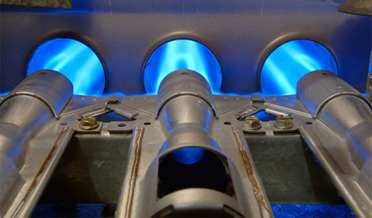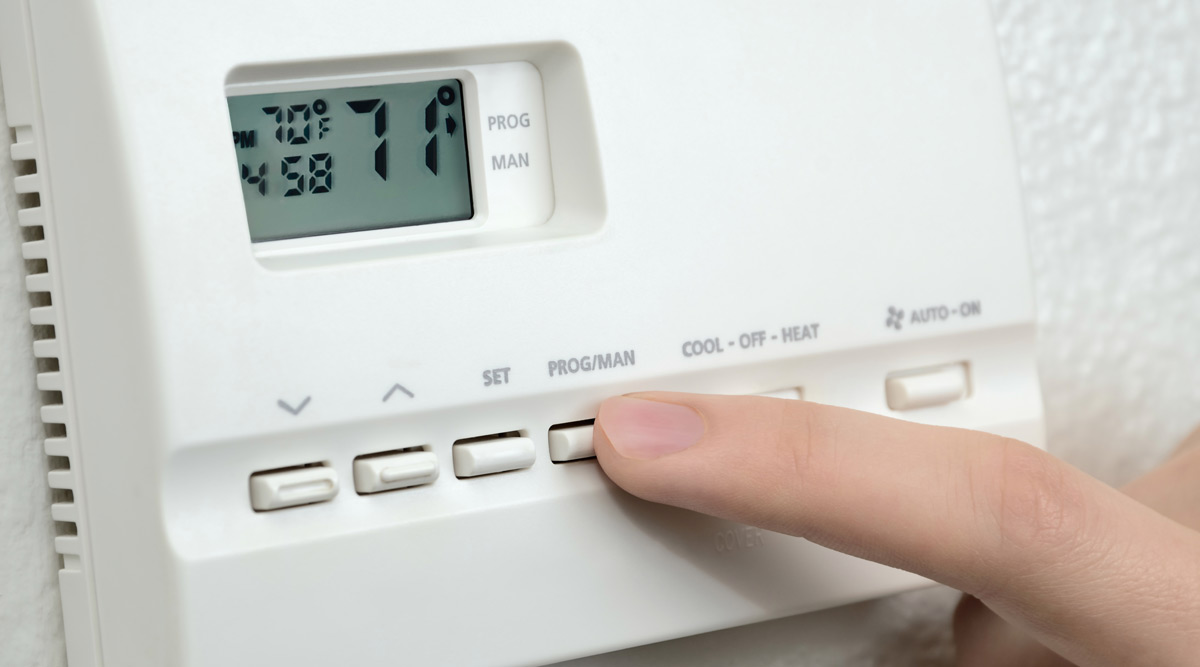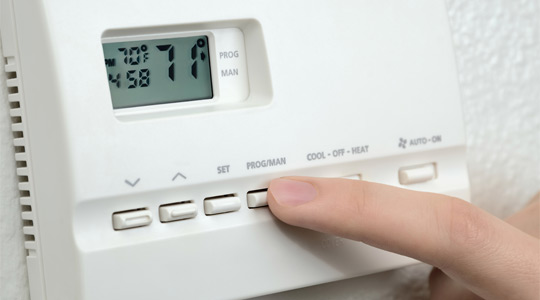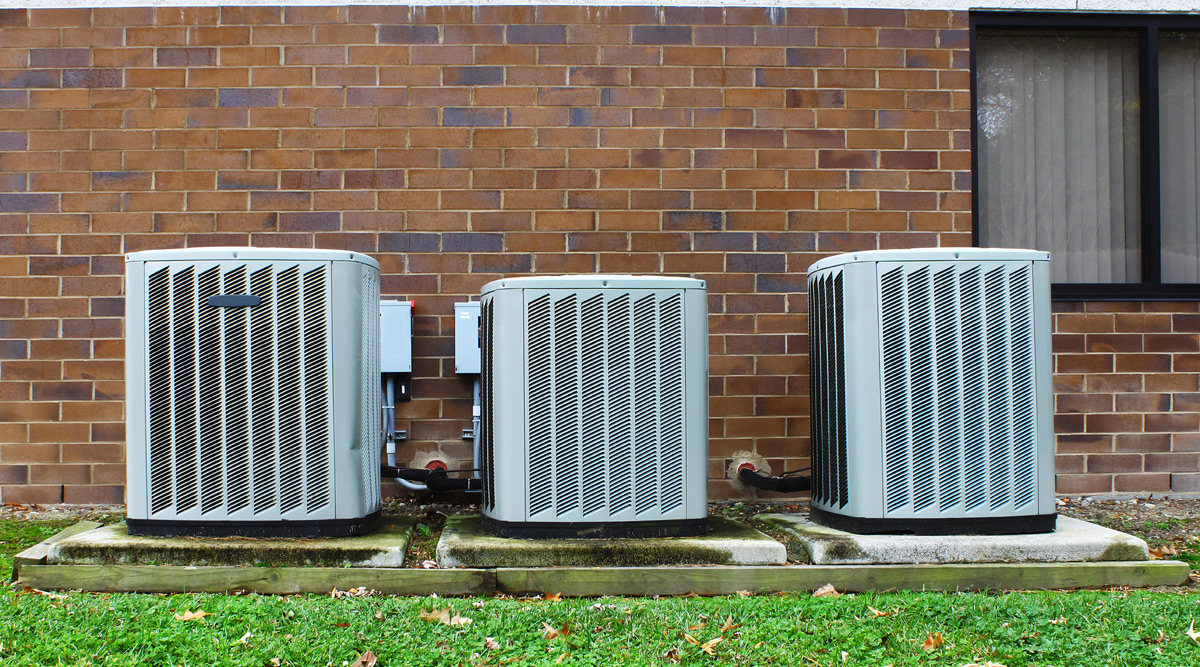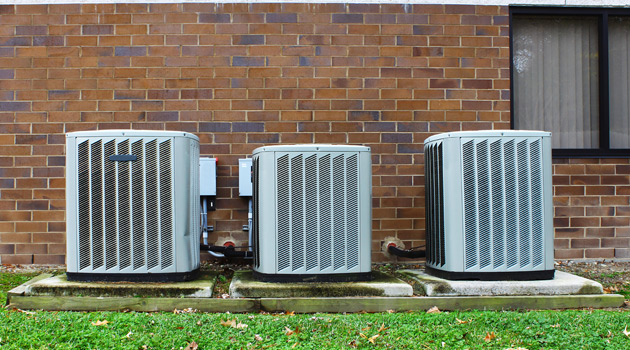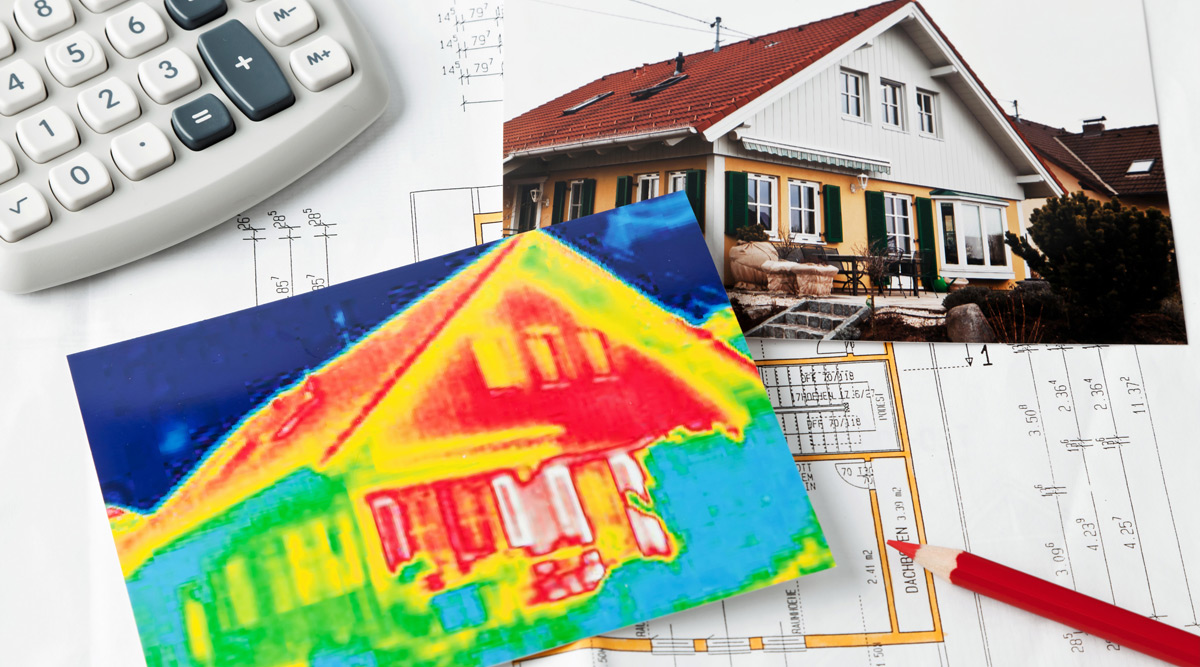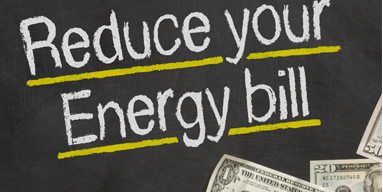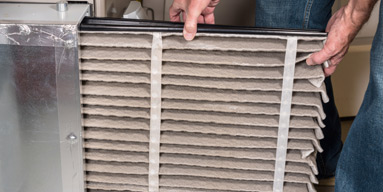HVAC System: Four Reasons to Hire a Professional
Having your HVAC system cleaned can be one of the most beneficial preventative maintenance functions you can do for your families’ health. Contaminants in the ventilation system can produce awful smells, high humidity, and stuffy air. Poor indoor air quality affects every breath and can lead to eye, nose, and throat irritation, headaches, allergies, and illness.
Many homeowners might consider cleaning the HVAC system a DIY project; after all, is it too difficult to clean your own home? Here are four important reasons to consider having an HVAC professional clean your ventilation system.
- The Right Person with the Right Tools
Cleaning the system would begin with locating all of the system parts: return vents, filter, blowers, heat exchanger/cooling coil, and supply ducts. Most homeowners would have difficulty identifying these parts, much less reaching them. An HVAC professional has the specialized equipment needed to properly clean the entire system. Having good tools is not the same as having the right tools!
- Dust is more than an annoyance
The average household produces 40 lbs. of dust annually, so it is more than what you see on the coffee table. Dust is produced by scratching dry skin, using a paper towel, or simply walking across the carpet. Pets, pollen, and outdoor pollutants also contribute to dust. Since the indoor air volume circulates at least 5 to 7 times daily, family members come into contact with household dust more often than you think. It can get worse. Dust might not be the worst of it: the ducts may also contain the mold in areas with high humidity or become a haven for pests.
- Improved system efficiency
We all know that changing air filter frequency will improve system efficiency, but heavy dust in the rest of the ventilation system will also reduce airflow. Dust builds up, clumps up, and clogs ducts, vents, and returns. Heating and cooling depend upon rapid airflow, but if dust prevents airflow the system cannot do its job effectively. This causes your system to work harder. It can also create hot and cold spots or areas of high humidity.
- Prolong the life of your system
Your HVAC system consists of both a heating and cooling system: dust is harmful to both. Clogged ducts and vents will add strain to the system and makes the system “feel” like it is not working properly. The prolonged strain will shorten the life of the system’s parts. In addition, if dust collects on moving parts, on electrical connections, and on bearing surfaces, it will lead to component failure.
Want more information about HVAC Systems? We Can Help!
If you are considering preventative HVAC System services to better your HVAC Efficiency and prepare your home for cool weather, call us at 281-238-9292 or contact us via email.
Connect with All Cool AC and Heating on Facebook

